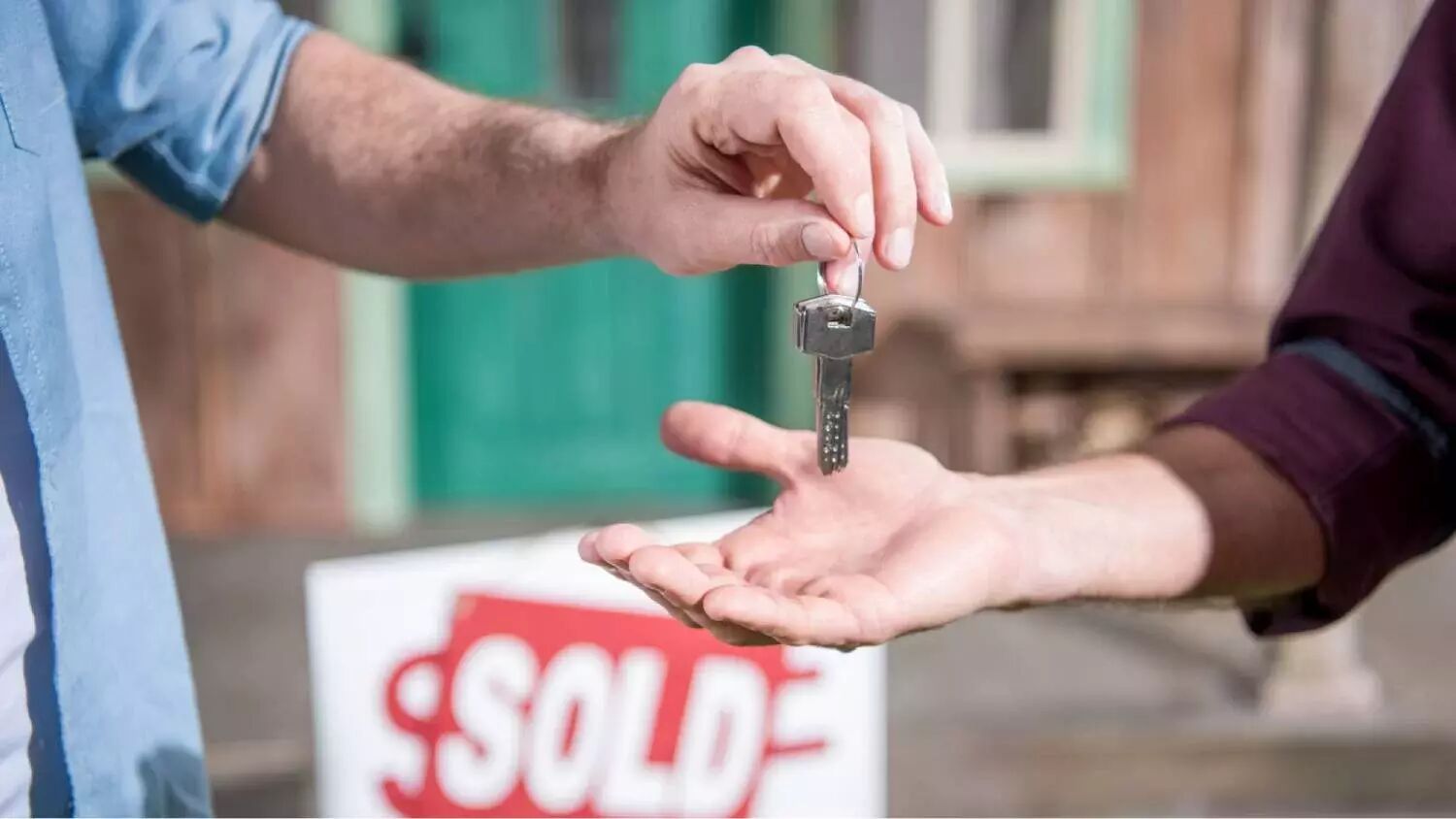As property lawyers, ‘how long does conveyancing take?’ is a question we get asked a lot. The short answer is usually 8-12 weeks, but don't mark your calendar just yet.
Every property sale is unique, and plenty of things can speed up or slow down the process. Maybe you're in a long chain of buyers and sellers, or perhaps some tricky legal issues pop up along the way.
In this article, we'll walk you through the typical timeline, point out where things might get stuck, and share some tips to keep your purchase or sale moving along smoothly.
What is conveyancing, and what does the timeline look like?
When you're transferring the ownership of property from one party to another, conveyancing is the legal process involved. It's a vital step when you're buying or selling property, but it can be a bit confusing if you're new to it.
The conveyancing timeline involves a series of legal checks, paperwork, and communications between various parties. The process starts when an offer is accepted and ends when the keys change hands.
| Stage | Action | Estimated Duration |
|---|---|---|
| Initial Consultation | Meet with a conveyancer to discuss your needs and get a quote. | 1-2 weeks |
| Property Research | The conveyancer conducts due diligence to ensure the property has no outstanding issues as well as a clear title. | 1-2 weeks |
| Contract Preparation | he required legal documents, such as the Contract of Sale, are prepared. | 1-2 weeks |
| Offer and Acceptance | The buyer can make an offer, and the seller accepts or counteroffers. | 1-2 weeks |
| Finance Approval | If applicable, the buyer obtains a mortgage or other financing. | 2-4 weeks |
| Property Inspection | The buyer conducts a thorough inspection of the property. | 1-2 weeks |
| Settlement Preparation | The conveyancer prepares the necessary paperwork for settlement. | 1-2 weeks |
| Settlement Day | The property title is transferred, and the purchase price is exchanged. | 1 day |
Note: This is a general timeline, and the actual duration may vary depending on factors like property type, location, and any unforeseen issues. We've got a detailed article that breaks down the whole process if you want to learn more.
Factors affecting the conveyancing timeline
The duration of the conveyancing process will vary significantly depending on several factors. Understanding these can help you better prepare for your property transaction and potentially expedite the process.
Factors that may extend the timeline
Legal complications: Issues such as unclear property boundaries, unresolved disputes, or complex title arrangements can significantly delay the process.
Chain transactions: If your purchase or sale is part of a property chain, delays in any part of the chain can affect your transaction.
Incomplete or inaccurate documentation: Missing or incorrect paperwork can lead to delays as additional information is gathered or errors are corrected.
Response times: Slow responses from any party involved, including buyers, sellers, lenders, or their representatives, can extend the timeline.
Financial issues: Roadblocks in mortgage approval or last-minute financial complications can slow down the process.
Property survey findings: Unexpected issues discovered during property surveys may require further investigation or negotiation.
Factors that can help shorten the timeline
Engaging a reputable conveyancer: An experienced and efficient conveyancer or property lawyer can significantly streamline the process. They will anticipate any potential issues and address them proactively.
Prompt communication: Quick responses to queries and requests for information from all parties can help maintain momentum.
Preparation of documentation: Having all necessary documents ready in advance can speed up various stages of the process.
Pre-approved financing: Having your mortgage pre-approved can eliminate potential delays related to securing funding.
Flexibility and cooperation: Being flexible with dates and willing to cooperate on minor issues can help move the process along more smoothly.
Electronic conveyancing: Where available, e-conveyancing can significantly reduce delays associated with physical document handling and in-person settlements.
How much does a conveyancer cost?
In short, the cost of conveyancing generally depends on the:
- Type of property involved.
- Complexity of the transaction.
- Experience of the conveyancer.
When it comes time to buy or sell, you'll need to choose between a licensed conveyancer or a property lawyer. While a property lawyer typically costs more, they can satisfy a broader range of legal requirements and handle complex transactions, like auctions, for instance.
When budgeting, remember to account for disbursement costs or fees your conveyancer pays to third parties. These include charges for settlement, certificates, rates, searches, and heritage checks.
Who pays for conveyancing?
In most cases, both buyers and sellers are responsible for their own conveyancing costs. As a buyer, you'll cover your conveyancer's fees, searches, and registration costs. Sellers, you'll pay for your conveyancer's work in preparing the Contract of Sale document and dealing with the buyer's representatives.
Experienced property conveyancers in Melbourne
While cost is a consideration, it shouldn't be the sole factor in choosing a conveyancer. Quality of service is valuable, and our experienced property lawyers can provide just that. We’ve helped dozens of clients with buying, selling, and navigating the property market in Melbourne and beyond.
Contact us today for a smoother property transaction.
